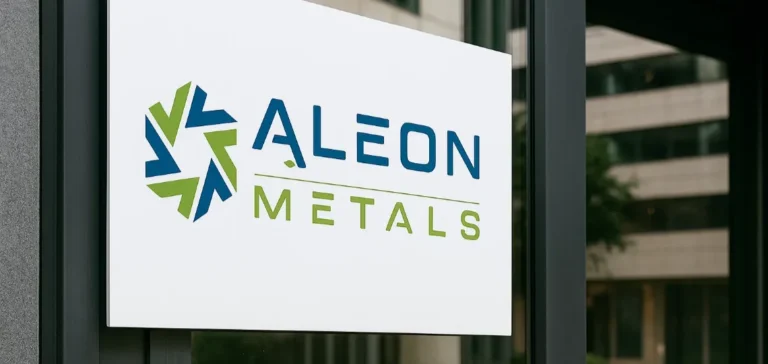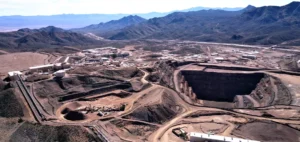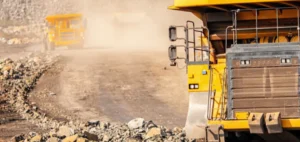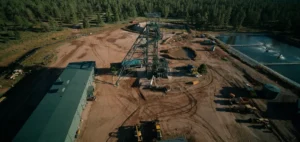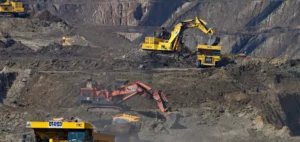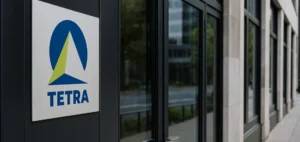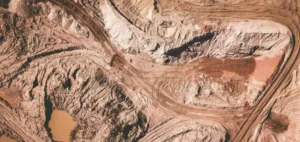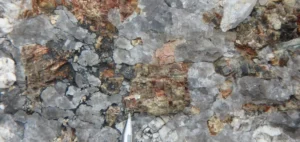Aleon Metals, together with its subsidiaries Gladieux Metals Recycling and Aleon Renewable Metals, announced it had obtained $188 million in debtor-in-possession (DIP) financing. This funding, provided by a consortium of bondholders, is intended to maintain the group’s ongoing operations and facilitate a planned sale process under Chapter 11 of the United States Bankruptcy Code.
The use of Chapter 11 allows the company to continue operating while restructuring its balance sheet. Aleon stated that its Freeport facilities, located in Texas, will receive new investments to support production and strengthen the continuity of supply for critical minerals used by several industrial sectors in the United States.
Structured sale process
As part of this restructuring, Aleon Metals entered into an agreement to sell its assets under Section 363 of the Bankruptcy Code. The DIP lenders’ consortium committed as the Stalking Horse bidder, ensuring the opening of a structured competitive process. Investment bank Jefferies, mandated by Aleon, continues to seek alternative offers to secure the most favorable outcome for all stakeholders.
The company indicated that daily operations, including the payment of wages and employee benefits, will continue without disruption. This operational continuity is the subject of specific motions filed before the court to obtain swift approval of initial measures.
Outlook for Freeport facilities
Aleon Metals emphasized that the funds raised will not only preserve its immediate liquidity but also enable investment in its Freeport infrastructure. The stated goal is to increase production capacity and strengthen the company’s position in the critical minerals market. This development comes in a context where securing national supply of strategic resources is an increasingly significant issue for industry and policymakers.
The court-supervised sale process remains open to competing proposals. This stage will shape the group’s future structure and its role in U.S. supply chains. Upcoming federal court decisions will determine the pace of the process, while the expected outcomes are drawing attention from investors and industry partners.


